With our restoration report over the weekend concerning F4U-1D Corsair Bu.82640’s resurrection in Mareeba, Australia, we must not forget the other antipodean combat-veteran Corsair currently under restoration. A lot of work has taken place since we last reported on F4U-1 Bu.02270 with the Classic Jets Fighter Museum at Parafield Airport near Adelaide, South Australia.
Many readers will remember that this VMF-321 fighter ditched in a lagoon within a group of South Pacific islands then known as the New Hebrides during the night of May 5th, 1944. Her pilot, a US Marine Captain named James Vittitoe, was forced to put her down after running out of fuel on the way home from a long training sortie. Vittitoe survived the accident and made his way back to his nearby base at Quoin Hill, but the Corsair lay where she fell for the next six decades, slowly succumbing to the elements and scavengers.
In 2009, Australian Bob Jarrett did a deal to acquire what remained of the Corsair from the owner of the land where she sat. After considerable effort in recovering the wreck, Jarrett took her back to the Classic Jets Fighter Museum in Australia, and a team of volunteers has been working diligently to restore the aircraft back to her former glory ever since. Bu.02270 is coming very close to completion now, and our very own Phil Buckley brings us this latest report on her status….
The most recent work has focused on the forward area of the main landing gear and fitting out the wheel well plumbing. The Pratt & Whitney R-2800 Quick Engine Change (QEC) unit is ready for installation once the wheels are fitted. The propeller blades are ready to assemble up then pull down to paint. The team has most of the cockpit components restored, although installing them will be one of their last jobs. Work on the outer wings has slowed due to the weather conditions in Adelaide making it difficult to re-cover the wing fabric, but this should take place once the summer heat cools in a couple of months. Bob Jarrett estimates that the restoration will take another year to complete.
We look forwards to the day when this important, combat-veteran Corsair can take pride of place in the Classic Jets Fighter Museum. It is the 124th production example of the breed, and the oldest known survivor currently in preservation.







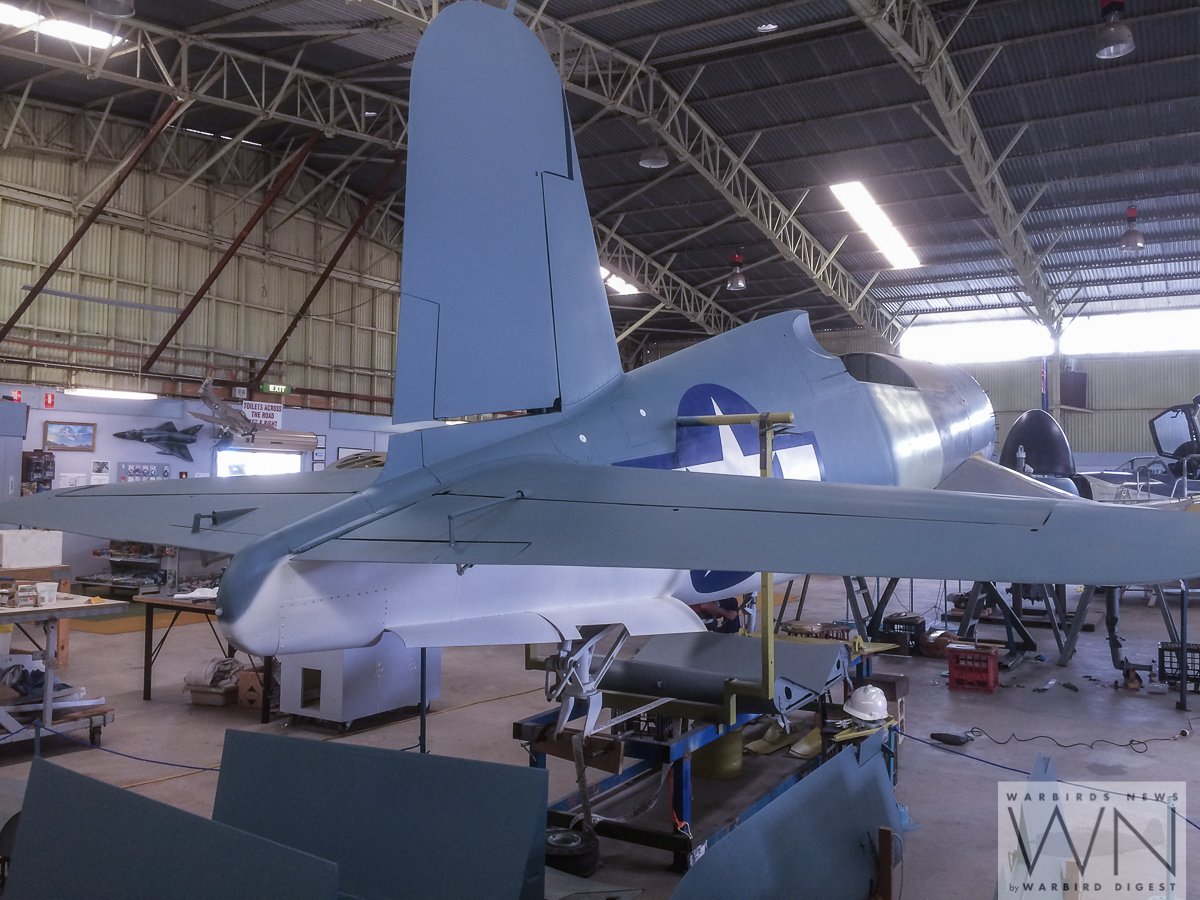

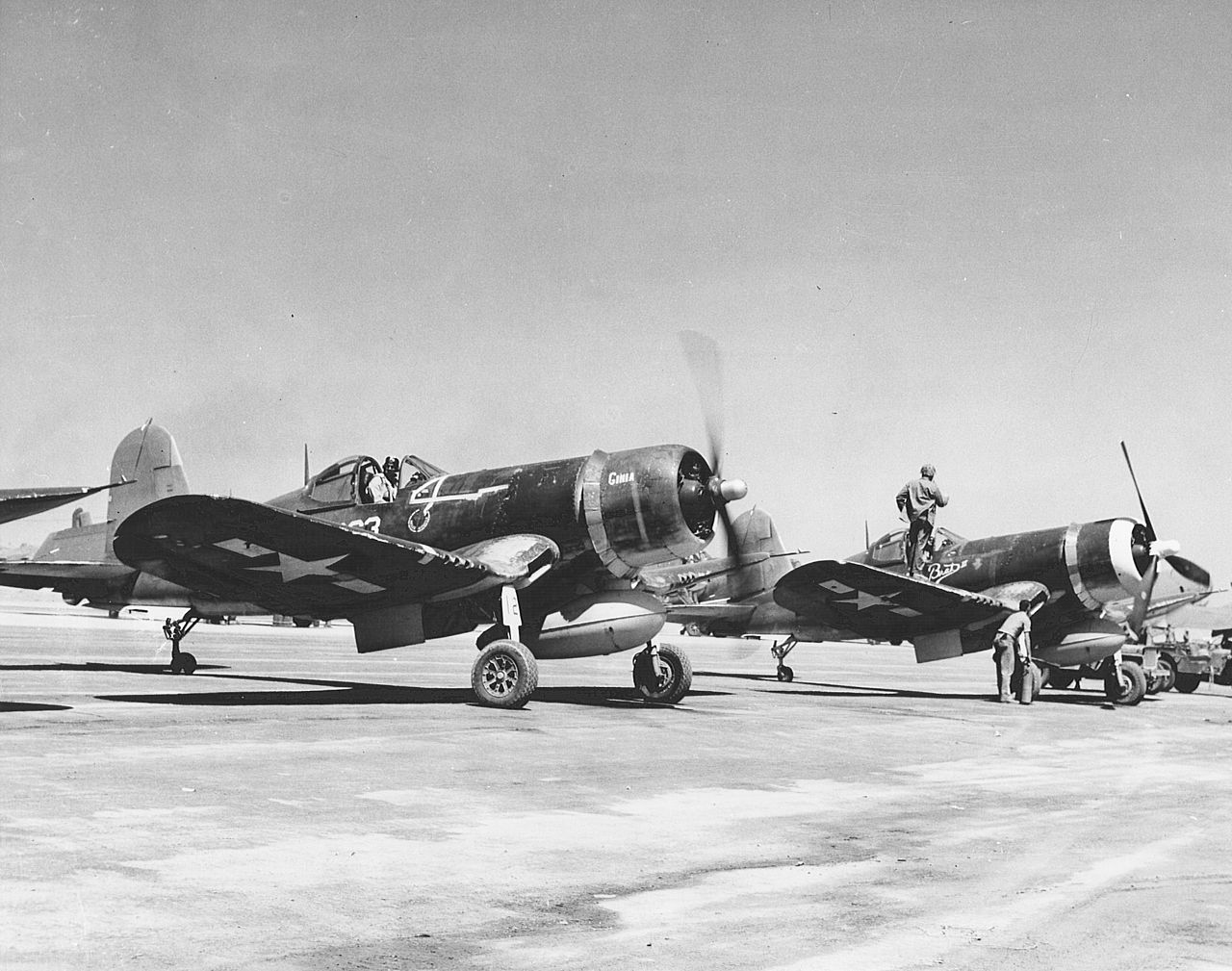
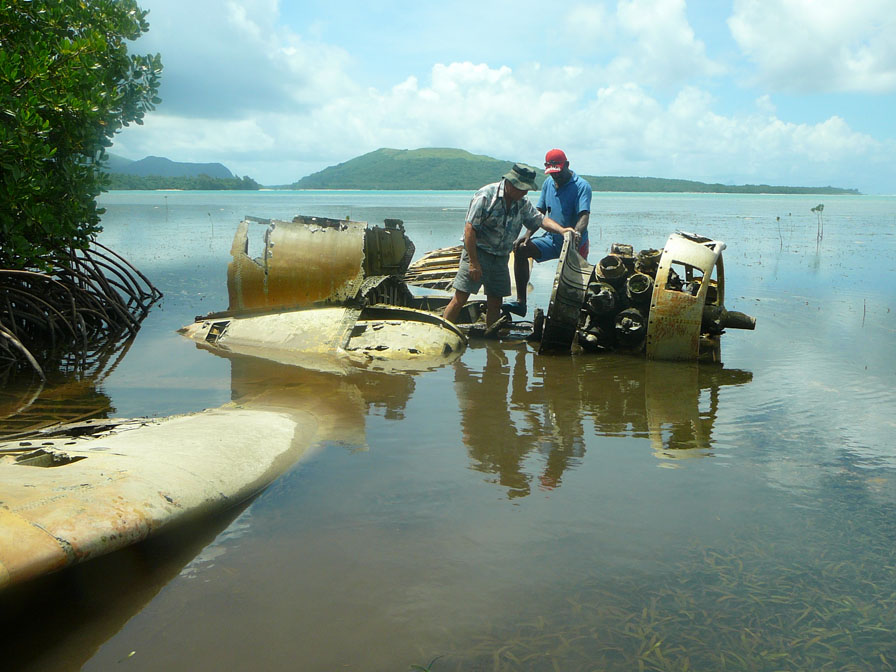
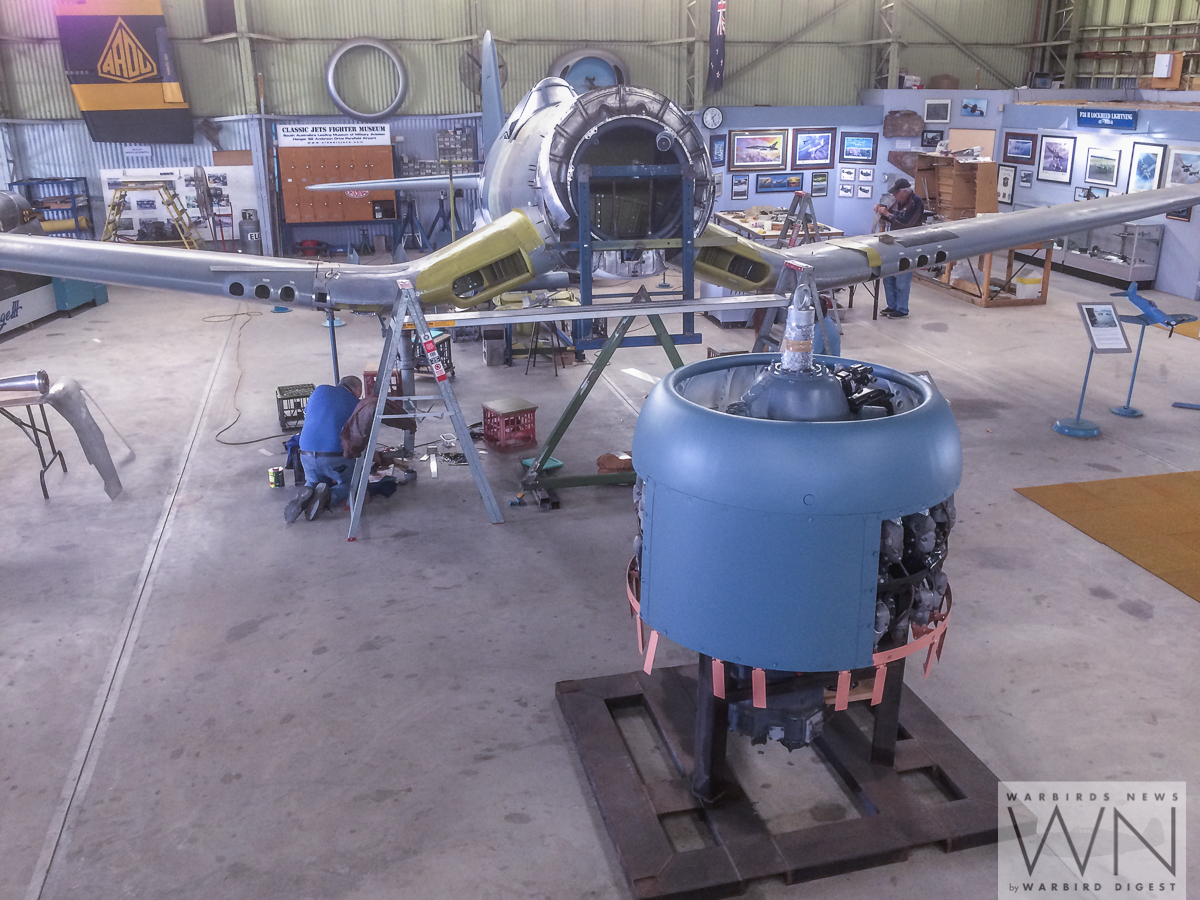
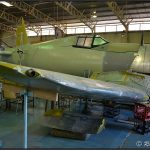
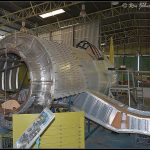
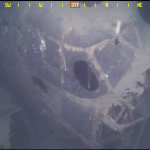
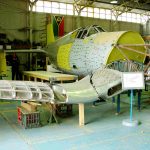

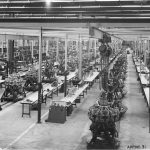
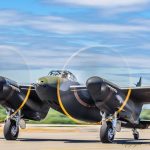
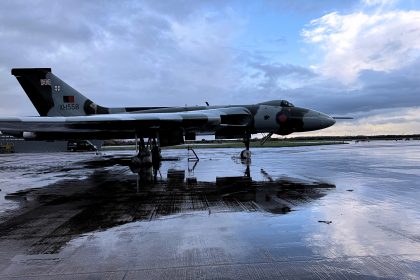
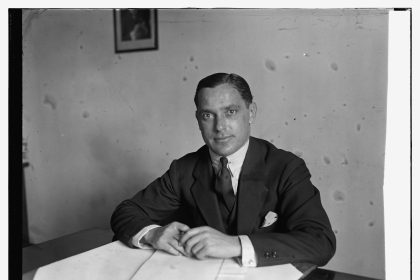
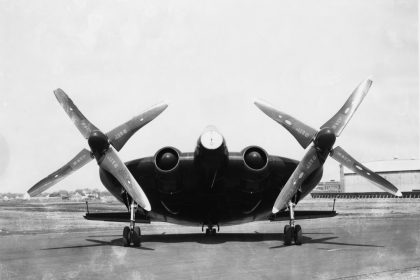
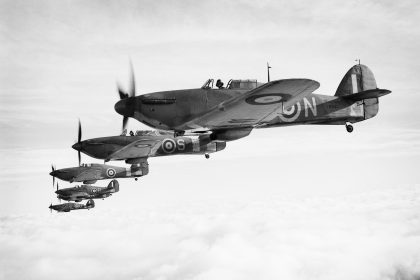
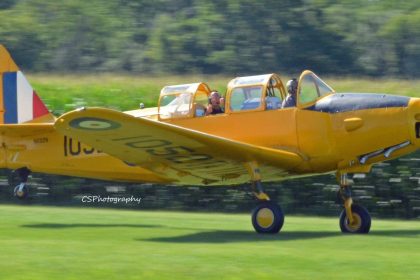

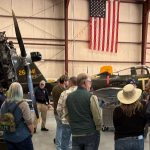
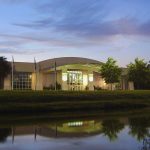
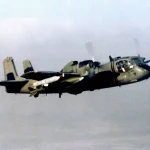

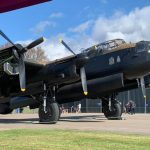


Where are all these Corsairs in Australia and can we visit?